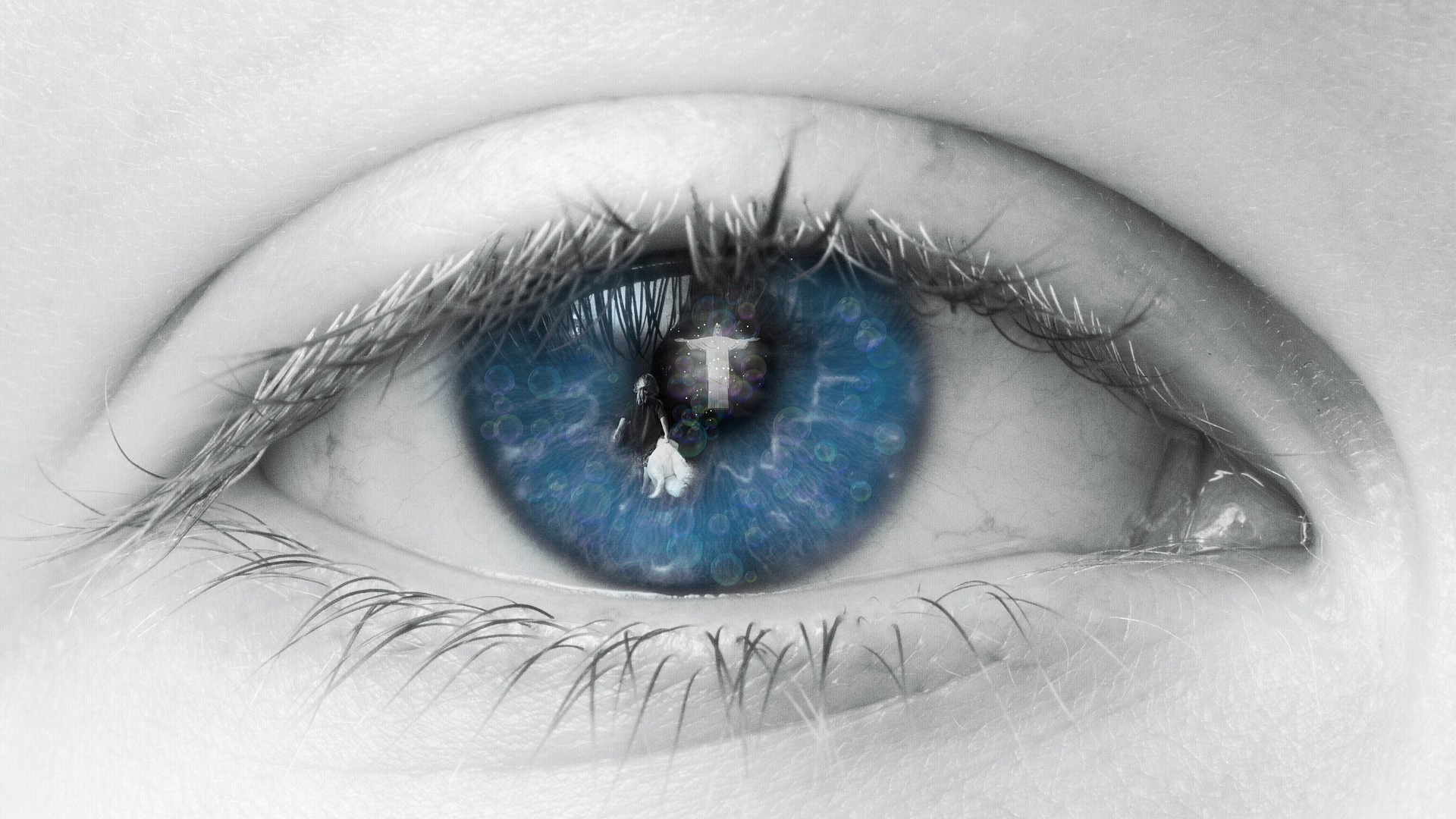
Happiness in many ways can be seen as a sort of barometer of the human condition. If humanity is experiencing lots of it, humanity is likely and largely on the right track. If not, it should send a signal to mankind to get a tune up.
Happiness, after all, is the effect of other things done and thought correctly, more than the cause of such things.
This is true also of the personal. Are you happy? If not, why not? Given the normal and healthy sorrow that accompanies loss in all its varieties, perhaps a better question would be this: Would others generally say that you are a happy person?
If not, it is time for you too to get a happiness tune up. One way to increase your joy and happiness is to create and discover purpose and meaning in life and in your life.
Finding meaning in your life requires that you do meaningful things and find meaning behind the things you do. Finding the meaning of life depends on your beliefs, faith and worldview.
Two Competing Worldviews
There are two mutually exclusive and conflicting worldviews. One is stark and permanent. It’s cold and even icy in its sudden finality. The other is, most of all, hopeful. It is encouraging because of its on-going and eternal open-endedness, allowing for eternal progression and eternal bliss.
Worldview #1: You’re born. You live. You die. You disappear. Forever.
Worldview #2: You’re born. You live. You die. You’re resurrected. You live again. Forever …
Here’s the problem with the first worldview: It cannot produce meaning or happiness. There is no meaning in a DNA strand. Darwinian explanations are devoid of purpose. They are, by definition, random.
Science can explain how the world works. It cannot explain why it does. It fails to shed any light on why we exist or what the purpose of life is. But this is the core of the problem with such a worldview and human joy and happiness. Meaning is not born of the how questions. It is born out of the answers to the ever summoning why.
Advantages of a Religious Interpretation of Life
A religious worldview incorporates a sense that in the midst of horrific events and evil acts of slaughter and depravity, that there will be, at least, in the end, ultimate justice.
That fact adds to the sense that we are living in an ordered universe that makes sense. It is a universe with meaning and purpose woven into its very creation. Bad people who do evil to good people will be repaid. Good people who have had evil things done to them will be recompensed by a just God in an ultimately just universe with celestial joy a fair compensation for an unfair mortal experience.
Such a universe is directed and evolves under a Watchful Eye. Science finds no loving motive above or in or beyond existence. Religion finds love all around us, everywhere, even as the motivation for why we’re here and our purpose for being.
Disadvantages of a Secular Interpretation of Life
Science can find no such motivation at the heart of humanity. Science and the secular explanation of human suffering and evil leave us cold, an uncomfortable uneasiness in the pit of our collective gut.
So while religion adds meaning to life and to living, a secular worldview can strip life of such deeper, inherent significance.
It strips it down and places it under a microscope so that only the molecules and atoms of life can be seen to the point that science loses sight of the heart and soul of it. Both exist. But by only looking at the pores, science never sees the faces and smiles of the people whose pores become the only reality they evaluate.
Personal vs. Inherent Meaning
Secular explanations can create meaning out of life only by creating personal purposes. There is not meaning in life per se, only as it is invented by the individual. And, no doubt, greater happiness will, in fact, follow a person who invents new personal meaning to life.
Still, a religious explanation lifts and relieves and encourages and provides hope and faith and confidence and meaning … and a greater sense of well-being and happiness than science is able to provide because, in the end, the secular explanation is added like frosting as meaning to the meaningless cake.
The religious explanation of life sees meaning within the around and throughout the cake – nothing need be added on top to provide it meaning and purpose.
While only a religious interpretation of life presents inherent meaning, both interpretations, however, share a common thread. That thread takes on different textures and has a very different end, but nonetheless weaves the idea of personal growth and improvement into the tapestry of life.
Still, when all is said and done, a religious view seems to be better equipped to offer the deepest sense of meaning and purpose to life.
Afterthoughts
When life is meaningful, pain has purpose. It is thereby easier to endure because there is a deeper, underlying cause. It is part of a larger spiritual context. Ultimate meaning therefore provides the greatest possibility for a happy life in the midst of setbacks and sorrow.
Purpose and meaning can be created by doing meaningful things and by looking for meaning in what you do. But when life itself is endowed with a divine source of ultimate purpose, peace and confidence and appreciation and hope all enter the picture in a way that instills a degree of happiness to everyday and to the difficult days alike.







































[…] to that which brings you joy. Let the child within play and […]